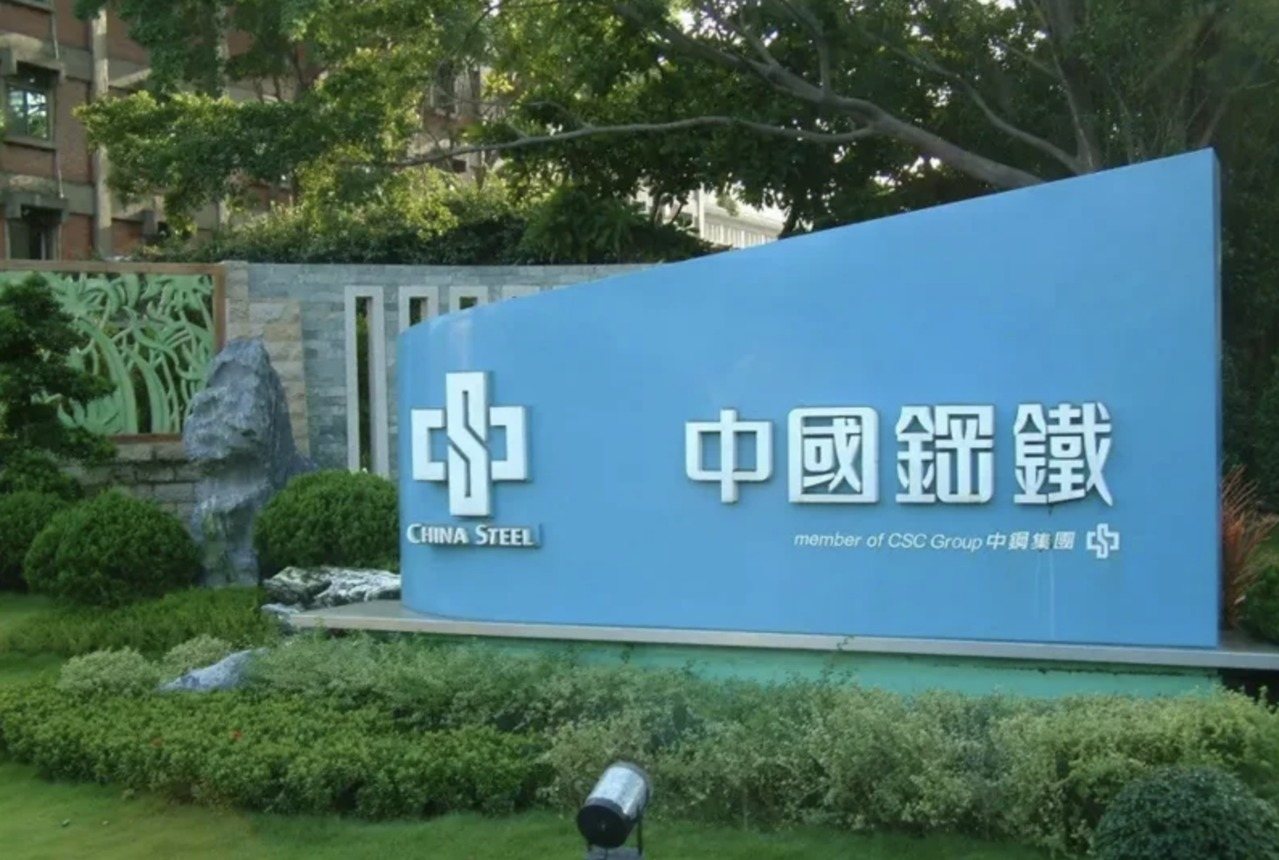CSC: Global Steel Market Faces Mounting Challenges as Tariffs and Currency Losses Add to the Pressure
2025/06/16 | By EDNSouth Korea’s steel giant Hyundai Steel recently announced the indefinite suspension of operations at its second plant in Pohang, underscoring the severe pressure facing the global steel industry amid a market downturn. Taiwan’s China Steel Corporation (CSC) and several listed steelmakers have noted that the global steel sector is currently under intense strain, with shrinking orders and international producers scaling back output, further dampening market confidence in the short term.

Industry executives say the steel industry is being hit by a storm of U.S. tariffs as well as currency exchange losses. The situation has been exacerbated by the U.S. increasing import tariffs on steel to 50%, dealing a further blow to an already sluggish market.
Compounding the issue, the New Taiwan dollar has appreciated sharply in recent weeks. For export orders that had previously been finalized, the currency swing is now generating significant exchange losses at the time of delivery. Many export-oriented steel firms had hedged against the U.S. dollar, and the rapid appreciation has turned potential profits into losses. The industry has described the situation as “being pierced by many arrows,” where previously profitable months are now turning negative — and the trend is worsening each month.
In terms of response strategies, CSC acknowledged that the global steel industry is indeed facing headwinds. As a result, its primary sources of profit have shifted, now stemming largely from overseas investments made years ago in iron ore mines, and from ventures such as Chung Neng Offshore Wind Power, which offer more stable and long-term revenue.
CSC stated that it continues to promote value-added and high-end steel manufacturing, expand its green energy businesses, and reduce operating costs. The entire group is working together to weather the downturn, expressing confidence in overcoming the challenging period. In addition, the Ministry of Economic Affairs has approved a 4.3% salary increase for CSC, retroactive to April 2025.
According to South Korean media reports, Hyundai Steel’s second Pohang plant has been placed on indefinite shutdown. Employees affected will receive 70% of their base salary during this period. The decision reflects the impact of weakening demand for construction steel and aging equipment on the company's operations.
Executives at Taiwan’s listed steel companies point out that Hyundai Steel is the second-largest steel producer in South Korea. Its decision to shut down inefficient production lines in response to worsening conditions is expected to further erode short-term market confidence.
However, the indefinite shutdown of Pohang’s second plant may not be entirely negative. Industry insiders believe that if this leads to a broader trend of production cuts or delays in bringing new capacity online, it could effectively reduce overall steel supply — a move that would benefit the market in the long run.
In particular, the worst-case scenario might actually pave the way for more favorable outcomes. With Southeast Asia projected to release 76 million metric tons of new steel production capacity, any delay in these developments could help stabilize the market and support a healthier industry trajectory.

